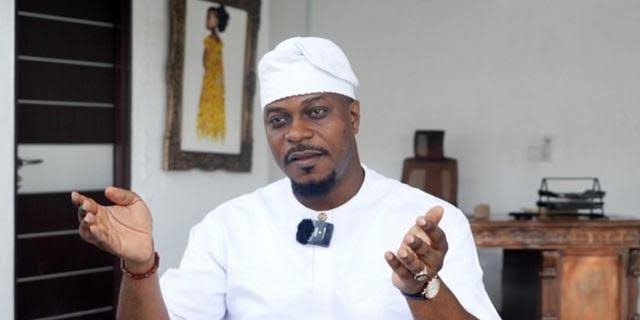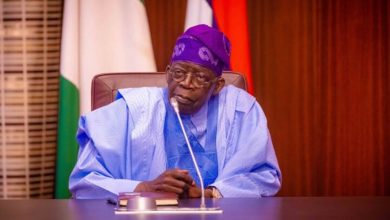Lagos minimum wage increase falls short of addressing city’s cost-of-living crisis

Gbadebo Rhodes-Vivour, the Labour Party’s gubernatorial candidate in the last election, has slammed Governor Babajide Sanwo-Olu’s recent minimum wage hike to N85,000 as insufficient.
Despite acknowledging the increase as a positive step, Rhodes-Vivour argues it fails to mitigate the city’s daunting cost-of-living challenges.
Lagos, Africa’s largest city, grapples with exorbitant intra-city transportation costs, skyrocketing food prices, and crippling rental fees. The state’s meager investments in social housing programs exacerbate the crisis. Rhodes-Vivour challenged Sanwo-Olu to reassess priorities, questioning who benefits from the state’s development initiatives.
The gubernatorial candidate criticized comparisons between Lagos and smaller Nigerian states, labeling them “short-sighted.” Instead, he advocated benchmarking Lagos against peer cities like Cape Town, Johannesburg, and Accra, which have achieved notable success in infrastructure development and economic growth.
Rhodes-Vivour highlighted the state’s significant revenue, with over 70% generated from taxes, including 45% from PAYE. He emphasized the need for effective resource allocation to address pressing challenges. “Lagosians deserve better,” he stressed.
As Lagos navigates its growth and development, Rhodes-Vivour’s critique underscores the urgency for visionary leadership and people-centered policies. With the city’s future at stake, residents await tangible improvements in their quality of life.





